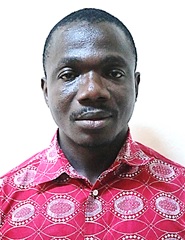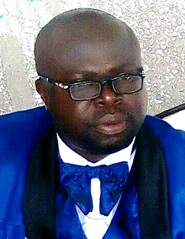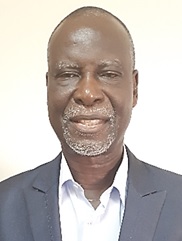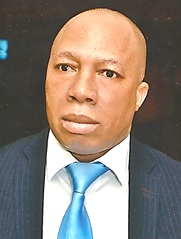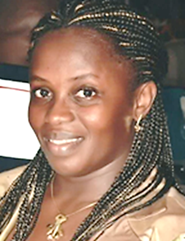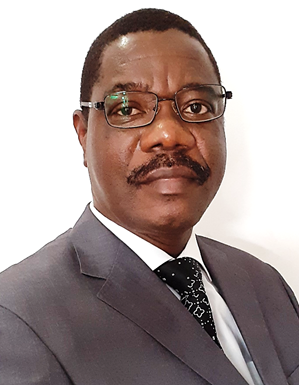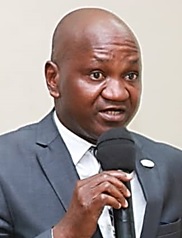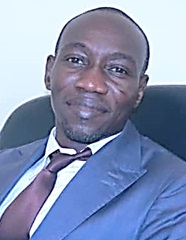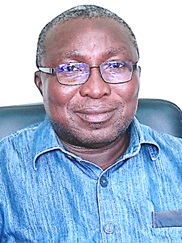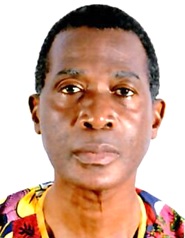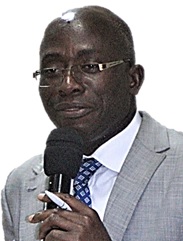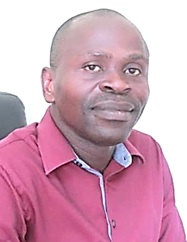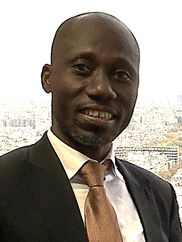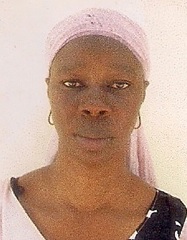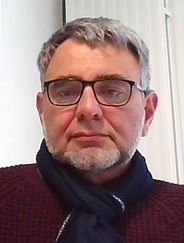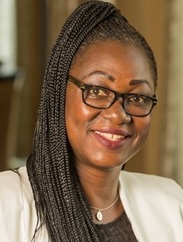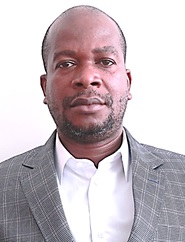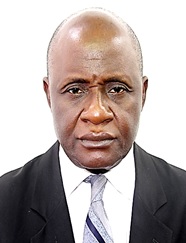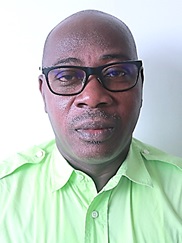Research Areas
GéoRESBIO is particularly interested in complex questions of environment, ecology and biodiversity which undermine the spaces and territories of human societies in full growth and economic transformation.
GeoRESBIO's transversal research adheres to efforts to achieve the Sustainable Development Goals (SDGs), in particular SDG 2 "Eradicate hunger, ensure food security (...) promote sustainable agriculture"; SDG 6: "Guarantee access to water and sanitation for all ..."; SDG 13 "... Combat climate change and its repercussions"; SDG 15 "Preserve and restore terrestrial ecosystems (...) and end the loss of biodiversity".
Find out more ...
In detail, GeoRESBIO's research activities relate to:
- Degradation and sustainable management of natural resources by human societies;
- Ecological awareness, environmental education and social practices;
- Ecosystem services and environmental capital of the territories;
- Access to drinking water, pollution and sanitation of natural environments;
- Forestry, agro-silvopastoralism and biodiversity conservation;
- Environmental Law;
- Environmental economics;
- Communication for Development, etc.
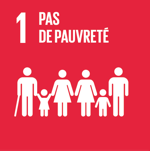
|
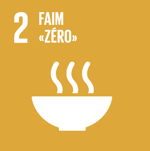
|
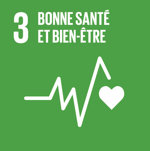
|
|||
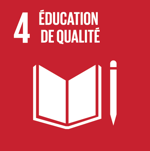
|
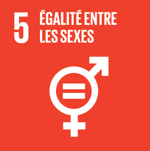
|
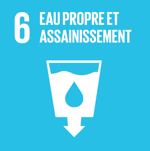
|
|||
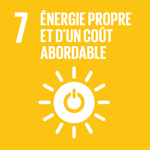
|

|
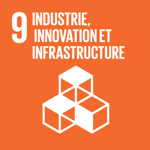
|
|||
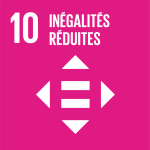
|
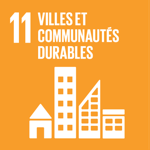
|
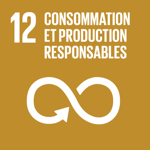
|
|||
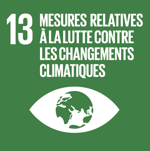
|
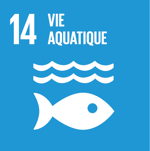
|
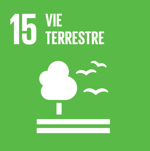
|
|||
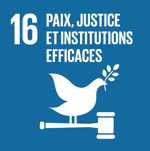
|

|

|
|||
